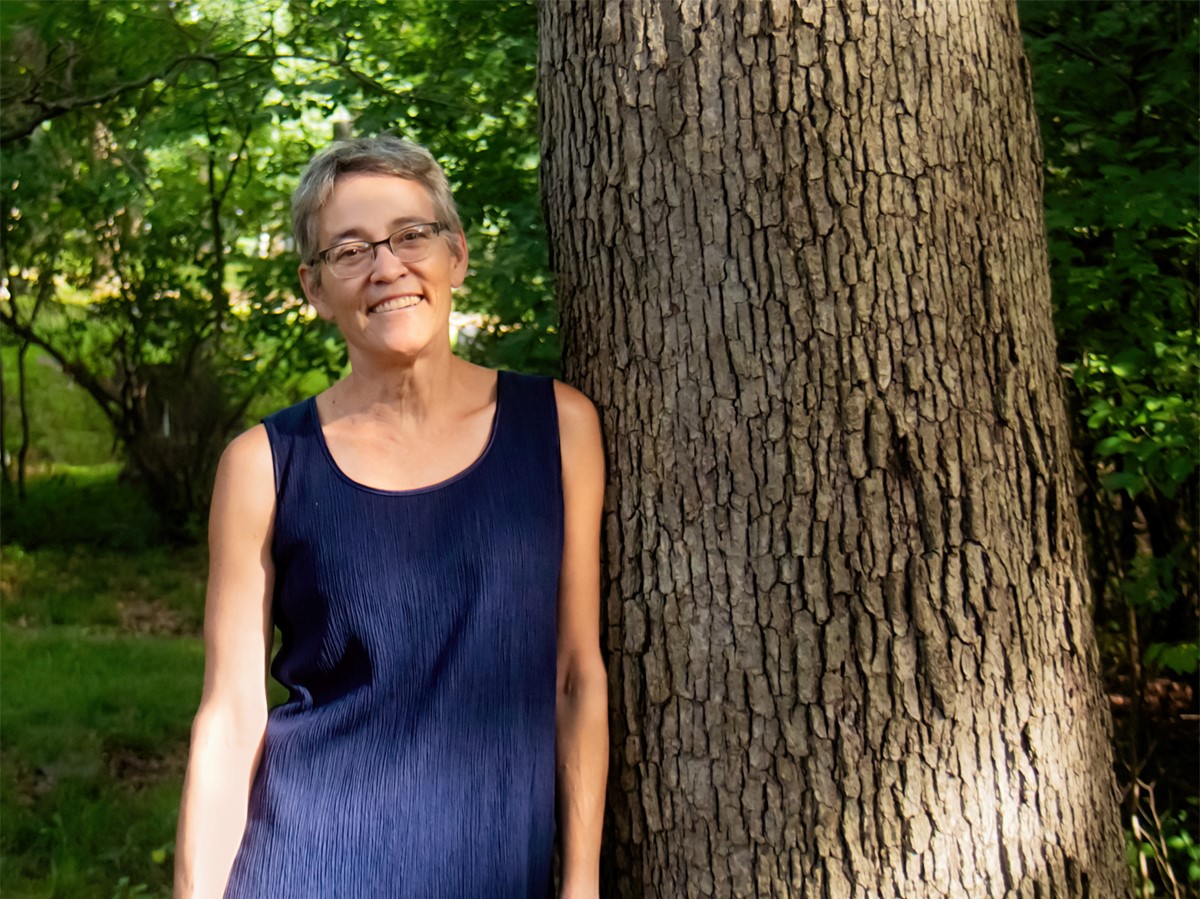Recent Headlines

Dr. Ruth Yanai, faculty at ESF Department of Sustainable Resources Management, honored with the Barrington Moore Memorial Award for 2020 by the Society of American Foresters (SAF).
Yanai Honored with Barrington Moore Memorial Award
Dr. Ruth Yanai of ESF's Department of Sustainable Resources Management was honored with the Barrington Moore Memorial Award for 2020 by the Society of American Foresters (SAF).
The award recognizes outstanding achievement in biological research leading to the advancement of forestry. The award includes a $1,000 honorarium and will be presented at the SAF national convention which will be held virtually this fall due to the coronavirus pandemic.
Yanai is an outstanding researcher in forest soils and ecological research in forested ecosystems. A graduate of Yale University, Yanai has addressed important and often neglected questions that required quantification of ecosystem pools and processes. By developing this quantitative understanding and sharing the results of her research she has advanced the research enterprise around forestry and the ability to better manage forests.
Yanai's research has been published in numerous journals and has been recognized by the Japanese Society for the Promotion of Science, the Research Foundation of the State University of New York, the Fulbright Program, and the Soil Science Society of America.
She has published more than 100 journal articles. She has acquired nearly $8.5 million in grants and contracts from a variety of sources, including the National Science Foundation, USDA Agriculture and Food Research Initiative, New York Energy Research and Development Authority, the Northeastern States Research Cooperative and the USDA Forest Service. Yanai is a partner in the long-term, internationally famous Hubbard Brook Ecosystem Study, where she has led the Scientific Coordinating Committee, which helps guide the development of new research initiatives.
She adds rigorous quantification to her research fields. Ecosystem studies often report values for pools and fluxes without any indication of uncertainty. This omission arises from the complexity of the calculations and multiple sources of uncertainty involved and from the difficulty of making replicated observations at the relevant scales. Estimates of uncertainty are critical for determining the significance of observed differences, for analyzing trends over time, and for guiding future research investments.
She is a leader in the Quantifying Uncertainty in Ecosystem Studies (QUEST) initiative, which has developed methodologies to estimate uncertainty in nutrient budgets, which are used to estimate the impacts of disturbance in forest ecosystems. She is using this same approach to promote better accounting of uncertainties to support reduction of tropical deforestation and forest degradation (QUERCA-Quantifying Uncertainty and Risk in Carbon Accounting).
Yanai's research has advanced the understanding of nutrient and carbon cycling in forest ecosystems, improved estimates of pollution deposition to forest ecosystems, and has led to improved models of growth, productivity, and regeneration in forests. This work has regional, national and international impact. More than a third of her 61 invited presentations are international. Her research is relevant to a wide variety of users and she has consulted with the Roundtable for Sustainable Forests, the U.S. Environmental Protection Agency, and consulting firms dealing with sustainable forestry. Most recently, she was invited to help inform the World Bank's guidelines for quantifying uncertainty in carbon emission reductions, based on her work with QUEST.
Yanai has been a member of the ESF faculty since 1994. She has taught or co-taught workshops at the numerous professional meetings on writing manuscripts for publication. She is an active member of the Soil Science Society of America, Ecological Society of America, and American Geophysical Union, and has organized workshops and symposia for these organizations as well as for the International Union of Forestry Research Organizations (IUFRO) and the International Long-Term Ecological Research (ILTER) network.
Barrington Moore was a prominent member of the first generation of American foresters joining SAF in 1911. From Yale University he received the degree of bachelor of arts (1906) and master of forestry (1908). He conducted research in forest ecology, where some of the early results published in the 1917 Journal of Forestry, dealing with the reproduction of red spruce, balsam fir, and white pine, and with osmotic pressure as an index of habitat.